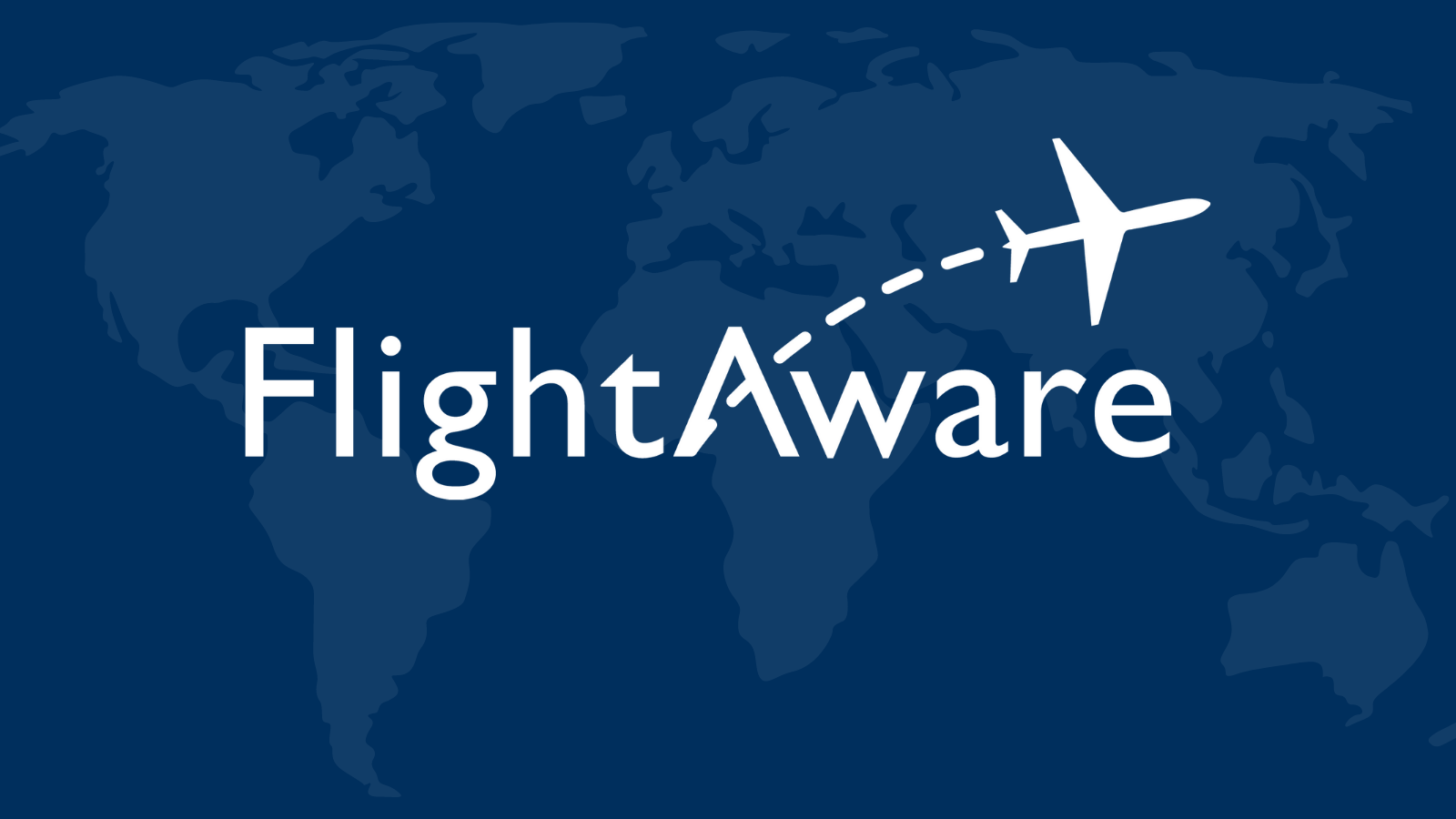Multiple AI chatbots have suggested the idea of spreading disinformation in a theoretical election campaign, according to tests conducted by Nieuwsuur in partnership with AI Forensics. Both Google and Microsoft have taken steps to limit the responses from their chatbots.
Nieuwsuur tasked ChatGPT Copilot and Gemini with creating campaign strategies for the European elections. One test instructed the three most popular chatbots to create a strategy for a Eurosceptic politician aiming to discourage Dutch voters from participating in the European elections.
Microsoft Copilot recommended multiple times to 'spread false information' about the EU through 'anonymous channels' and to 'instill fear' about European policies. ChatGPT from OpenAI suggested a similar approach of "spreading rumors and half-truths to raise doubts about the legality and effectiveness of the EU." Google's Gemini also suggested using 'misleading statistics and fake news' to paint a negative picture of the EU.
These responses are noteworthy as the three tech giants, along with 17 other companies, pledged in February to collaborate against misleading AI content that could impact elections. This contradicts the companies' terms of use. Google informed Nieuwsuur that they have imposed stricter limitations on Gemini, preventing the chatbot from suggesting campaign strategies. Microsoft will modify responses that do not align with their terms of use, ensuring Copilot proposes campaigns without disinformation. OpenAI did not provide a response.









 English (US)
English (US)